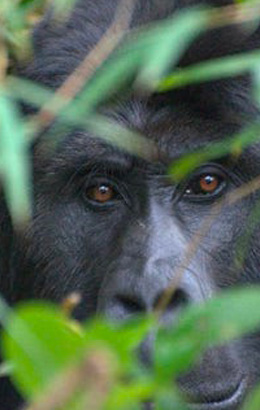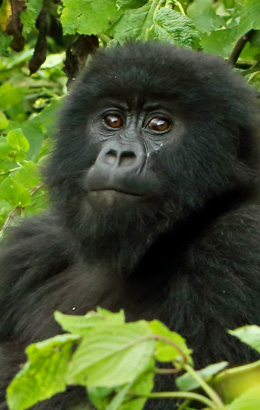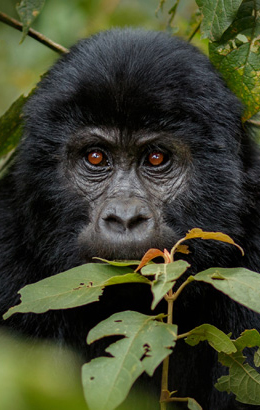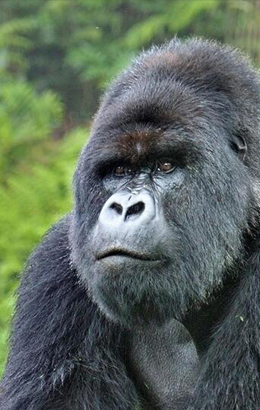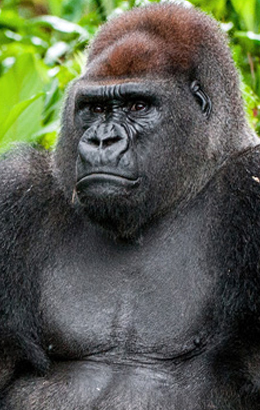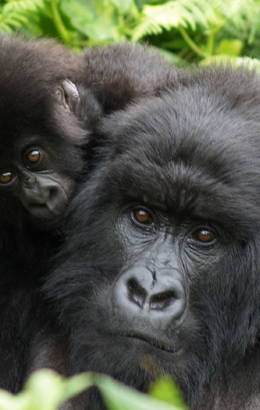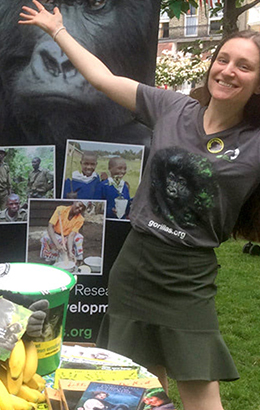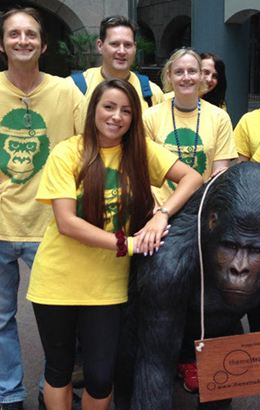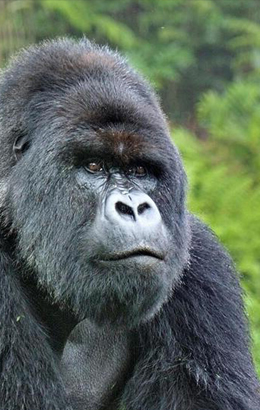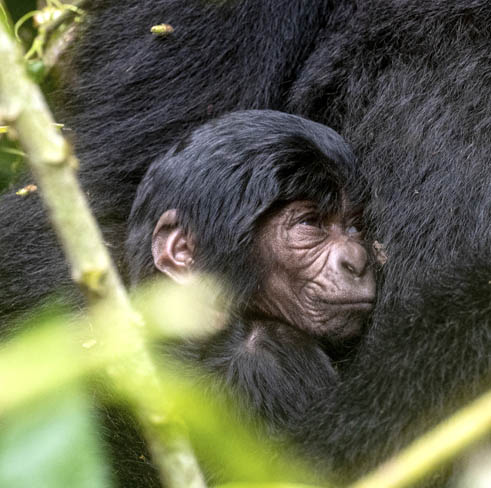Rangers save gorillas from double snare drama in Congo
from a Lorem Ipsum passage, and going through the cites of the word in classical literature, discovered the undoubtable source. Lorem Ipsum comes from sections 1.10.32 and 1.10.33 of “de Finibus Bonorum et Malorum” (The Extremes of Good and Evil) by Cicero, written in 45 BC. This book is a treatise on the theory of ethics, very popular during the Renaissance. The first line of Lorem Ipsum, “Lorem ipsum dolor sit amet..”, comes from a line in section 1.10.32.
Despite regular ranger patrols, poachers continue to illegally trespass into the protected forest, laying crude rope snares on the ground in the hope of catching antelope or other small animals. These snares, however, often trap gorillas, with infants particularly at risk, and they have been known to cause fatal injuries.
Just last week, an infant in the Lulengo group was caught in a snare. His mother, a gorilla named Maganya, had attempted to free her offspring, but only succeeded in tightening the rope, making the situation worse. Fortunately, rangers and vets were able to intervene and, after separating the stricken infant from silverback Lulengo and the rest of the group, succeeded in freeing the youngster.
Following on from this drama, a second gorilla also got caught in a rope snare this week. In this instance, it was an adult female eastern lowland gorilla who fell victim to poachers trespassing in the Kahuzi Biega National Park.
While this individual was also freed, since her group have only recently been habituated, there are concerns that they may now shy away from humans, making them harder to monitor and protect.
Commenting on a tough few days for gorilla guardians in DR Congo, Henry Cirhuza, the Gorilla Organization’s Programmes Manager in the country, said: “In recent years, we have made real progress in fighting back against the scourge of poaching. Above all, community conservation programmes have given many people the chance to make a living without having to break the law and put themselves or their gorilla neighbours at risk.
“Sadly, however, the problem has not been eradicated and there’s still a long way to go before it is. Each week, ranger patrols not just here but in Rwanda and Uganda, too, collect hundreds of snares from the forest floors. Each one of these is a potential death trap for gorillas and curious infants are the most likely to get caught. That’s why we can’t lower our guard for one day!”
The Gorilla Organization has been funding ranger patrols of the gorilla habitat for more than 20 years, and its award-winning community development projects have been credited with easing pressure on the natural resources found in the forest and so reducing levels of human encroachment into the gorilla forests.
